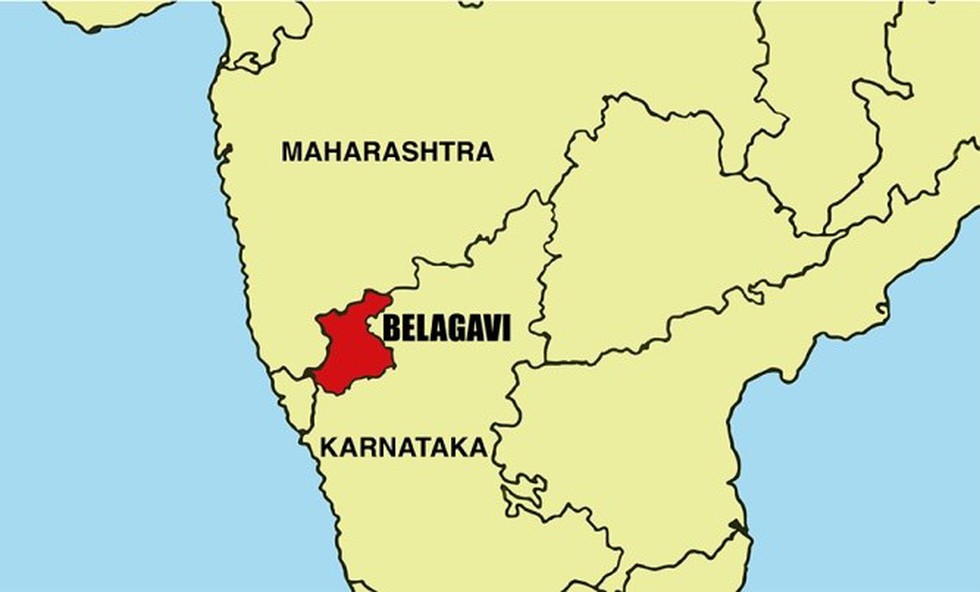About Belagavi border dispute:
- It is an interstate dispute between Karnataka and Maharashtra over the control of Belagavi, a border town in Karnataka.
- History:
- It has its roots in the State Reorganization Act of 1956, which aimed at reorganizing the states along linguistic lines.
- At the time of India’s independence, Belagavi was part of the Bombay state that had included parts of present-day Karnataka.
- After the implementation of the Act, Belagavi (previously Belgaum) became a part of Karnataka.
- On May 1, 1960, Maharashtra claimed that 865 villages, including Belagavi, Carvar and Nipani, should be part of Maharashtra and not Karnataka.
- However, Karnataka said it will not part with any part of its territory.
- Mahajan Commission:
- It was set up by the Union government on October 25, 1966, to solve the dispute.
- The panel turned down Maharashtra’s claim over Belagavi and also recommended that 247 villages/places, including Jatt, Akkalkote and Solapur, be made part of Karnataka, and 264 villages /places, including Nippani, Khanapur and Nandagad, to be in Maharashtra.
- However, the commission’s report was outrightly rejected by Maharashtra. Meanwhile, Karnataka saw the commission ruling in its favour.
- Present Status:
- The Maharashtra government filed a plea in the Supreme Court challenging the State Reorganisation Act, 1956, in 2004. It demanded 865 villages and places from five Karnataka districts to be merged with the state.
- Meanwhile, Karnataka changed the name of Belgaum to Belagavi and made it the second capital of the state.
- The issue has been pending before the Supreme Court since 2004.
- Karnataka contends that only Parliament can decide the state borders and not the Supreme Court. It cites Article 3 of the Indian Constitution while doing so.
- On the other hand, Maharashtra cites Article 131 and claims the apex court has jurisdiction in cases of disputes in which the Union government and the states are involved.
